Starting your fitness journey can be exciting—but also overwhelming. Between learning new exercises, adjusting your diet, and managing daily stress, it's easy to feel like you're in over your head. The good news? Evidence-based supplements can help reduce stress, support recovery, and keep you on track—especially when you're just beginning.
This guide breaks down five research-supported supplement tips tailored specifically for gym newbies. Each comes with actionable steps and clear progress checks so you can see real results without guesswork.
Omega-3s, found in fish oil, are well-known for their anti-inflammatory and brain-boosting properties. For new gym-goers, this is especially valuable. Intense workouts increase oxidative stress and inflammation, which can delay recovery and elevate cortisol (the stress hormone).
Studies show that omega-3 supplementation can reduce cortisol levels and muscle soreness after exercise, helping you recover faster and feel calmer.
Take 1,000–2,000 mg of combined EPA and DHA daily. Choose a high-quality fish or algae oil supplement.
After 4 weeks, rate your post-workout soreness and daily stress on a scale of 1–10. A noticeable drop indicates effectiveness.
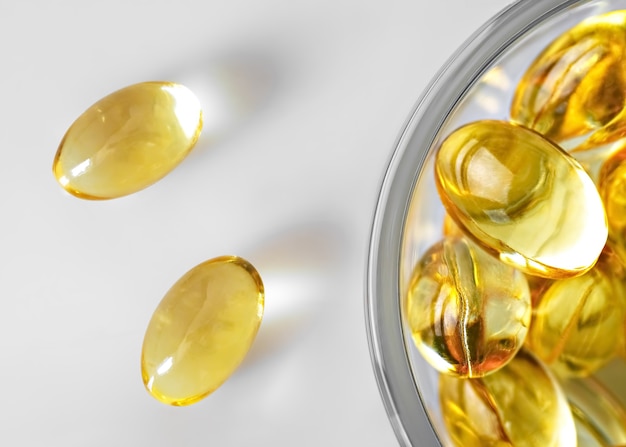
Magnesium plays a crucial role in over 300 enzymatic reactions in the body, including those that regulate stress and sleep. Many beginners struggle with poor sleep due to post-workout adrenaline or anxiety about performance—magnesium can help.
Research confirms that magnesium supplementation improves sleep quality and reduces symptoms of anxiety, both of which are vital for recovery and consistency in the gym.
Take 200–400 mg of magnesium glycinate or citrate 30–60 minutes before bed.
Track your sleep quality for two weeks using a journal or app. Look for faster sleep onset and fewer nighttime awakenings.
The gut-brain axis links digestive health directly to mood and stress levels. Intense physical activity and dietary changes can disrupt gut balance, potentially increasing anxiety and fatigue.
Clinical studies show that certain probiotic strains (like Lactobacillus and Bifidobacterium) reduce perceived stress and improve mental well-being in physically active individuals.
Choose a daily probiotic with at least 10–20 billion CFUs and multiple strains. Take it with breakfast.
After 3 weeks, note changes in digestion (e.g., bloating, regularity) and mood stability during or after workouts.
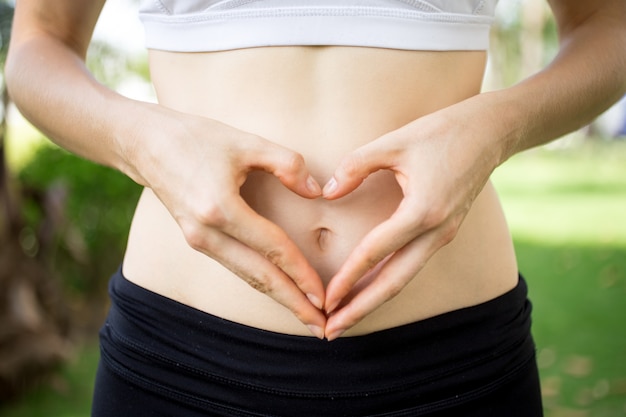
Ashwagandha is an adaptogenic herb that helps the body resist physical and mental stress. For gym beginners, it can reduce the anxiety that often comes with starting a new routine.
Multiple randomized trials show that ashwagandha significantly lowers cortisol levels—by up to 30% in some cases—and improves perceived stress and well-being.
Take 300–500 mg of standardized ashwagandha root extract (with at least 5% withanolides) once or twice daily with meals.
After 6 weeks, assess your confidence in the gym and daily stress levels. Use a simple 1–10 rating system to track improvement.
Dehydration worsens fatigue, brain fog, and stress. Sweating during workouts depletes sodium, potassium, and magnesium—electrolytes that regulate nerve function and hydration.
Research shows that electrolyte-replenished fluids improve cognitive performance and reduce perceived exertion during exercise, helping you stay focused and calm.
After workouts over 45 minutes, drink water with added electrolytes (or eat potassium-rich foods like bananas and spinach).
Monitor urine color and energy levels. Pale yellow urine and sustained focus indicate good hydration.
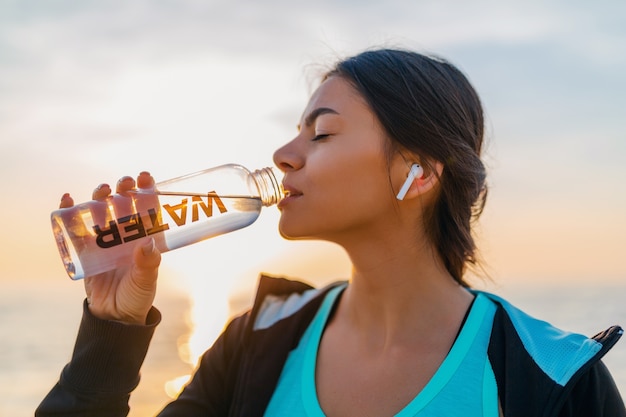
Starting at the gym doesn't have to mean stress and confusion. With the right supplements—backed by science—you can support your body’s recovery, manage stress, and build confidence from day one.
Remember: Supplements are not magic. They work best when combined with consistent workouts, balanced nutrition, and quality sleep. Use the progress checks to stay objective and adjust as needed.
You’ve got this—one smart step at a time.

Fitness

Fitness
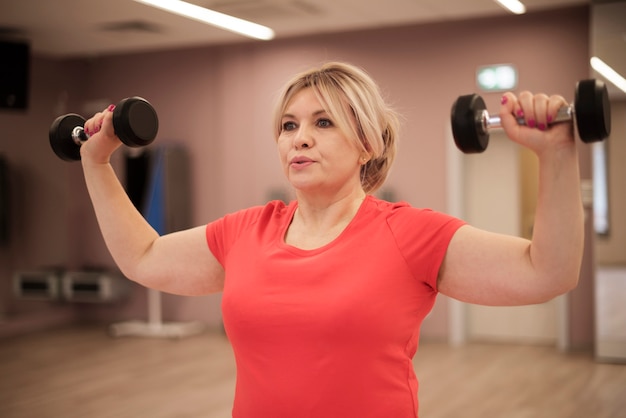
Fitness
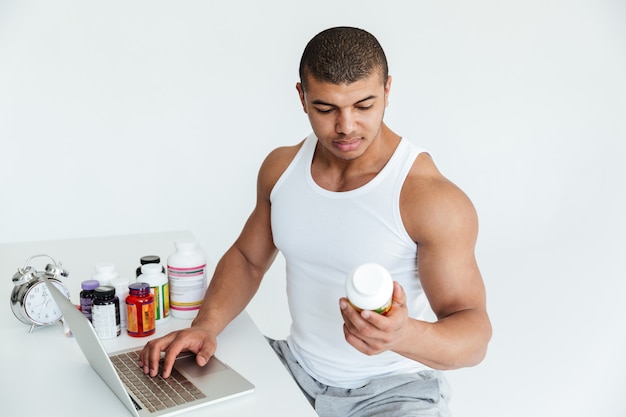
Fitness

Wellness
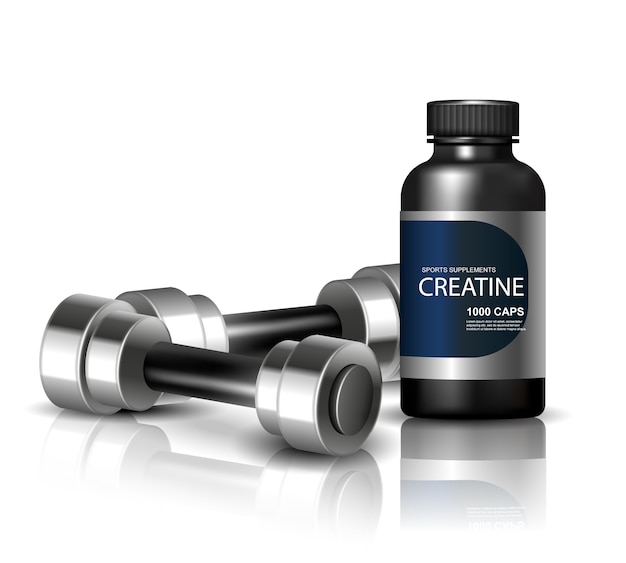
Wellness

Fitness

Health
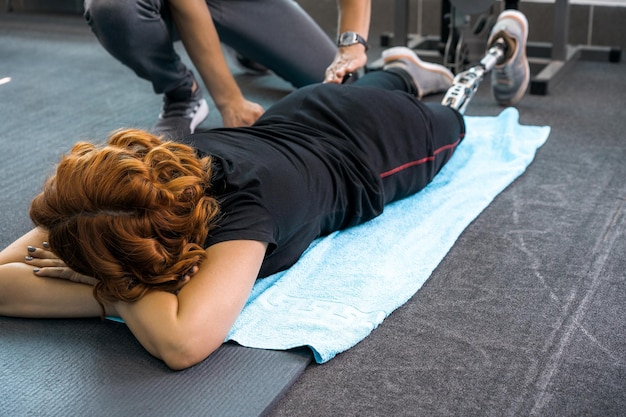
Fitness
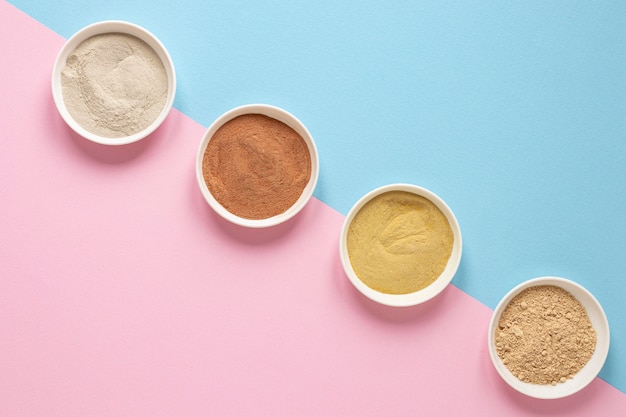
Wellness

Fitness
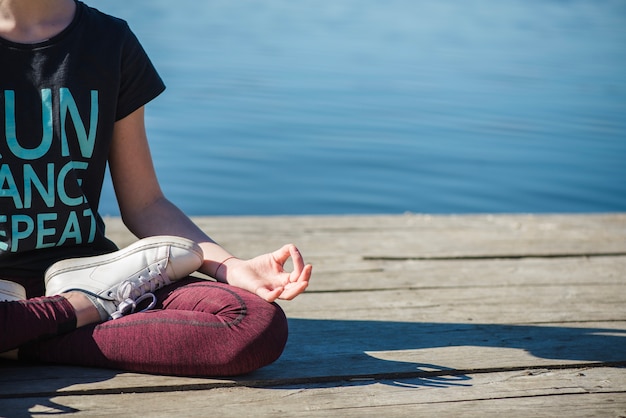
Wellness

Health

Fitness

Health

Health